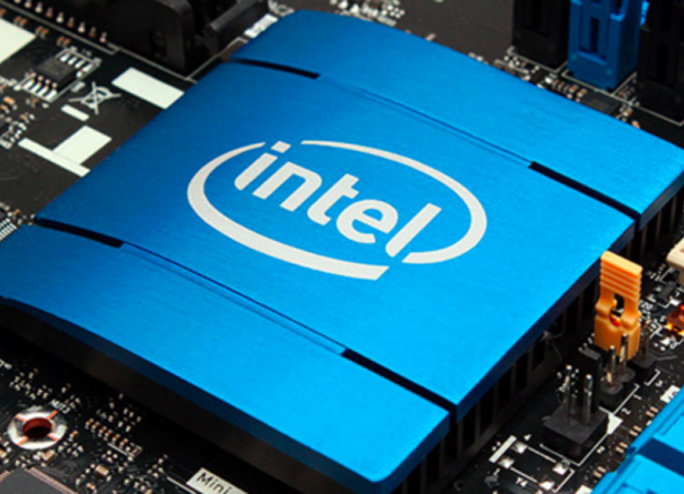Intel Acquires Israeli Chipmaker Tower Semiconductor For $5.4bn

Chip giant Intel expands its manufacturing capabilities, and spends billions to acquire specialised chip manufacturing expert Tower Semiconductor
Intel is to acquire Tower Semiconductor, as it seeks to expand the capabilities of its own inhouse foundry services.
Intel announced it will acquire Tower Semiconductor, a “leading foundry for analogue semiconductor solutions”, for $53 per share in cash, which translates to a purchase price of approximately $5.4 billion.
Tower Semiconductor specialises in manufacturing analogue integrated circuits (on 150mm, 200mm, and 300mm wafers) for a number of markets including infrastructure, automotive, mobile, medical, industrial, consumer and aerospace and defence.
![]()
Tower acquisition
Tower is based in Israel and owns two manufacturing facilities (150mm and 200mm), two facilities in the US (200mm), and three in Japan (2 x 200mm and 1 x 300mm).
Tower serves ‘fabless’ companies that design chips but outsource manufacturing – as well as integrated device manufacturers. It offers more than 2 million wafer starts per year of capacity, the two companies said.
Intel said the acquisition will give it “a globally diverse end-to-end foundry to help meet growing semiconductor demand and brings more value to customers across the nearly $100 billion addressable foundry market.”
The American chip giant added the acquisition significantly advances its IDM 2.0 strategy, thanks to the expansion of its manufacturing capacity, expansion of its global footprint and and expansion of its technology portfolio to help it address unprecedented industry demand.
“Tower’s specialty technology portfolio, geographic reach, deep customer relationships and services-first operations will help scale Intel’s foundry services and advance our goal of becoming a major provider of foundry capacity globally,” noted Intel CEO Pat Gelsinger.
“This deal will enable Intel to offer a compelling breadth of leading-edge nodes and differentiated specialty technologies on mature nodes – unlocking new opportunities for existing and future customers in an era of unprecedented demand for semiconductors,” said Gelsinger.
The transaction is expected to close in approximately 12 months, after it was unanimously approved by Intel’s and Tower’s boards of directors. It is however subject to the usual regulatory approvals and customary closing conditions.
“With a rich history, Tower has built an incredible range of specialty analog foundry solutions based upon deep customer partnerships, with worldwide manufacturing capabilities. I could not be prouder of the company and of our talented and dedicated employees,” said Russell Ellwanger, Tower CEO.
“Together with Intel, we will drive new and meaningful growth opportunities and offer even greater value to our customers through a full suite of technology solutions and nodes and a greatly expanded global manufacturing footprint,” said Ellwanger. “We look forward to being an integral part of Intel’s foundry offering.”
Manufacturing expansion
It was back in March 2021 when Intel established Intel Foundry Services (IFS), when it shrugged off investor pressure to outsource its manufacturing (like AMD does) capabilities to speciality semiconductor manufacturers.
Intel instead doubled down and invested $20bn to bolster its own in-house manufacturing capabilities.
Intel also in September said it could invest as much as $80 billion to expand chip production in Europe, but it wants at least 8 billion euros in public subsidies toward its planned semiconductor fabrication plant in Europe.
The European Union recently proposed relaxing its state aid rules, as the bloc seeks produce at least 20 percent of the world’s cutting-edge semiconductors by the end of the decade.
France and Germany are currently vying for Intel’s chip manufacturing ‘megafab’ plant (although Germany is said to be the leading contender).
Italy meanwhile is said to be competing with Poland for a new Intel advanced packaging factory.
The US meanwhile has proposed $52 billion in the US Chip Act to ramp up domestic chip production in the United States.